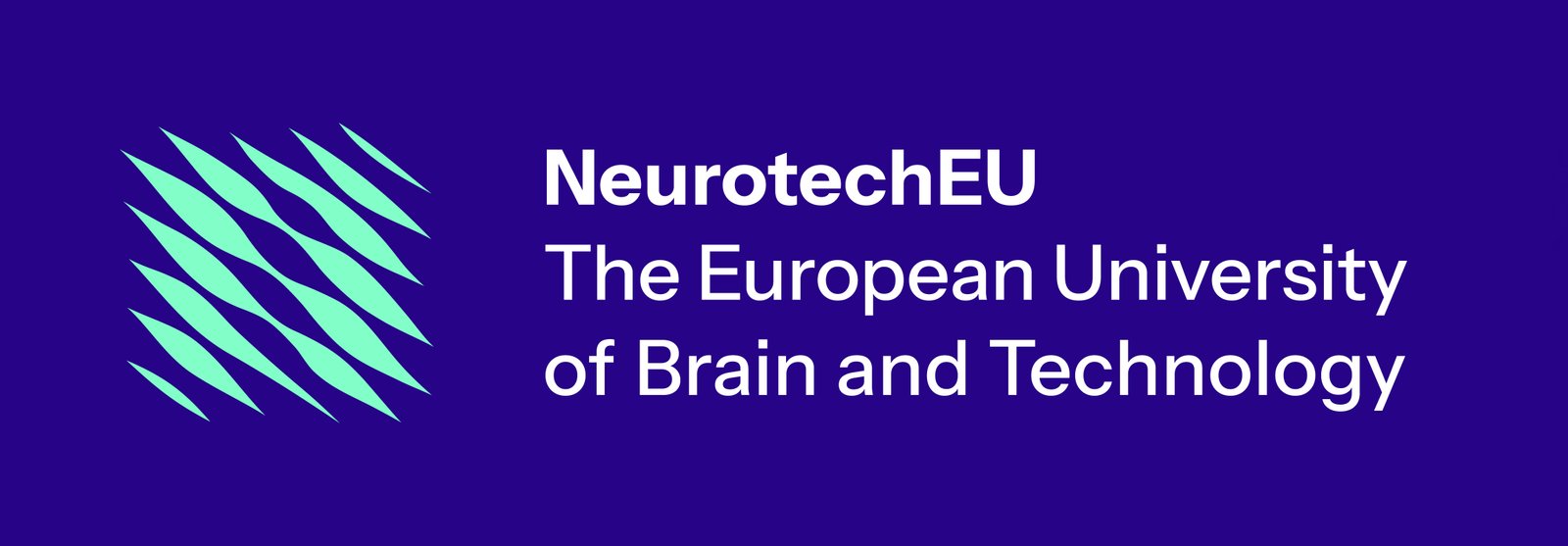Denise, secretary of the Student Council: " I see myself as a connection point between past and present"
As her journey with the Student Council began with a simple, yet powerful, motivation: to help it grow, and with a new leadership team in place, Denise brings her experience and a clear sense of continuity to the council’s evolving structure.
We sat down with her to learn more about her background, the challenges of student leadership, and her hopes for the future of the alliance.

You recently transitioned from co-Chair to Secretary. What motivated that change?
Balancing the co-chair responsibilities with my studies was getting difficult, so I decided to switch to the secretary role. This way, I can still contribute meaningfully and help the new leadership team, while also managing my academic workload more effectively. I see myself as a connection point between past and present — someone who can offer continuity and share insight into how things have been done, while supporting what's being developed now.
Do you have previous experiences to NeurotechEU within student organizations?
In my previous studies, I was part of a committee that organized social activities. It was a bit more informal and centered around student life, but still very active. Even in high school, I was involved in the student organization also more focused on social events and creating connections. That background gave me a good understanding of how to work within a team and support a student community.
How do you feel about the new Student Council direction?
I think this new team brings a lot of passion and energy. I have a lot of faith in how involved they are, and I really appreciate the way they’re structuring meetings and forums. These are spaces where we gather feedback from other council members. I like that it’s organized, almost like another work package. It gives our work a structure and a clear sense of purpose.
Do you think students are aware of the Student Council and its purpose?
Right now, there's still work to be done in terms of visibility. For example, we didn’t receive many applications for the new council, despite our efforts to spread the word. So we’re currently working on a strategy to get more students involved, especially locally.
It’s really important that council members are known at their home universities — that students know what we’re doing and how to reach out to us. Local events are key for that. They help raise awareness both about the alliance as a whole and about our role in it.
What do you find most challenging about being a secretary?
Managing so many meetings can be a challenge in itself. But for me, one of the biggest personal challenges is feeling confident during those meetings, especially when there are a lot of strong voices. I think that’s something many student members experience across the alliance. There are moments when you feel unsure whether you know enough to contribute, and that can be difficult.
Coordination can also be tricky, especially when it overlaps with other work packages tasks or meeting, like when organizing meetings for the NeurotechEU General Assemblies or ensuring all student-related sessions are set up correctly. Sometimes, you're involved in one work package, but the responsibilities spill into another — and that leads to administrative challenges. Still, I think those are manageable. At the end of the day, it’s about trusting in your abilities and having confidence in yourself.
What change would you like to see in the alliance to better support students?
I think it’s not only about involving students now, it’s also about thinking long-term. For example, in my case, I’ll hopefully graduate this summer, and then... that’s it. My involvement in NeurotechEU comes to an end unless I stay at the same university. Which is the same for many students.
Right now, we don’t really have a framework for continuing that connection. Even with the Campus+ platform, once a student leaves their home university, the link is gone. That’s why we’ve proposed creating an Alumni platform, something that would allow former students to stay connected and continue contributing in some way, even after graduation.

